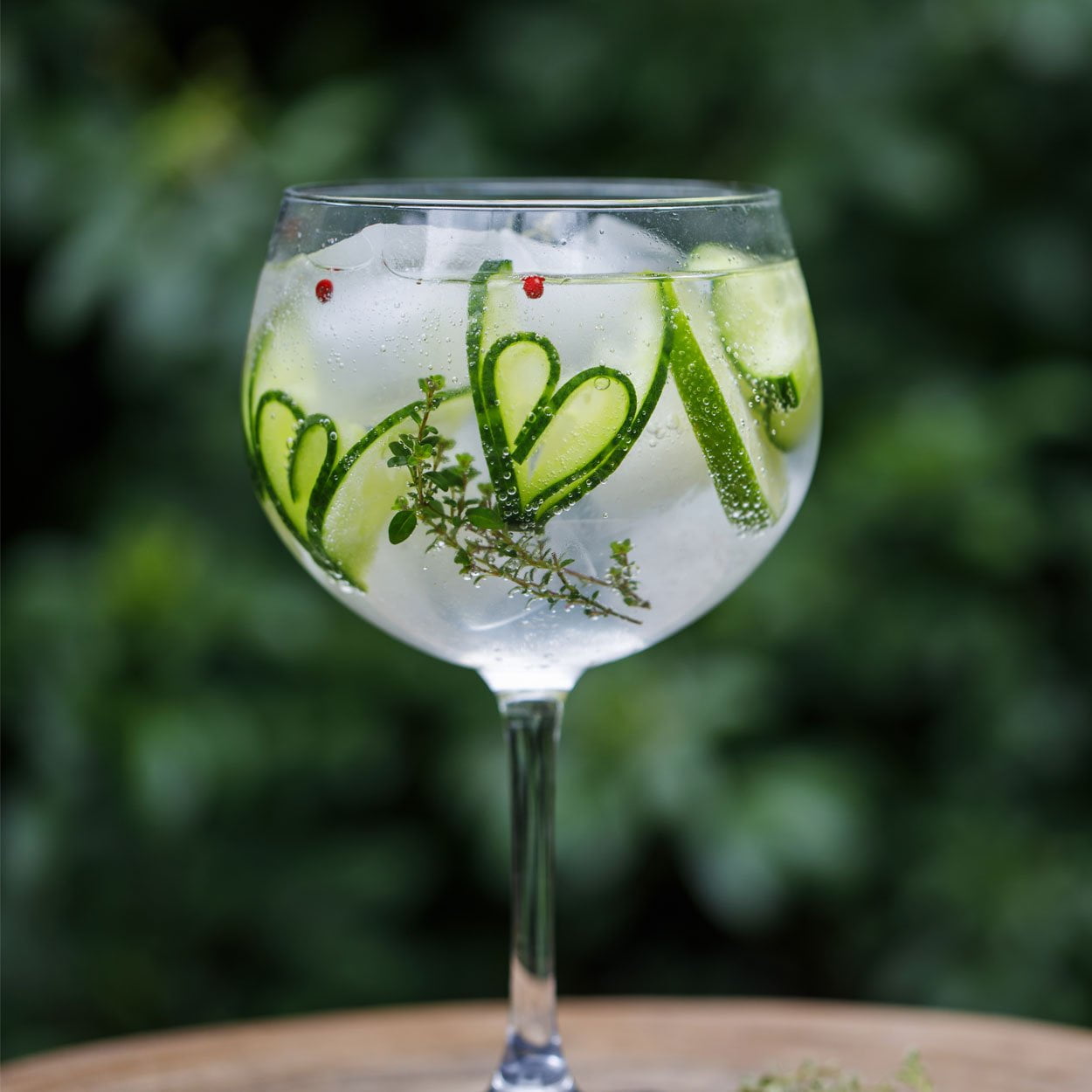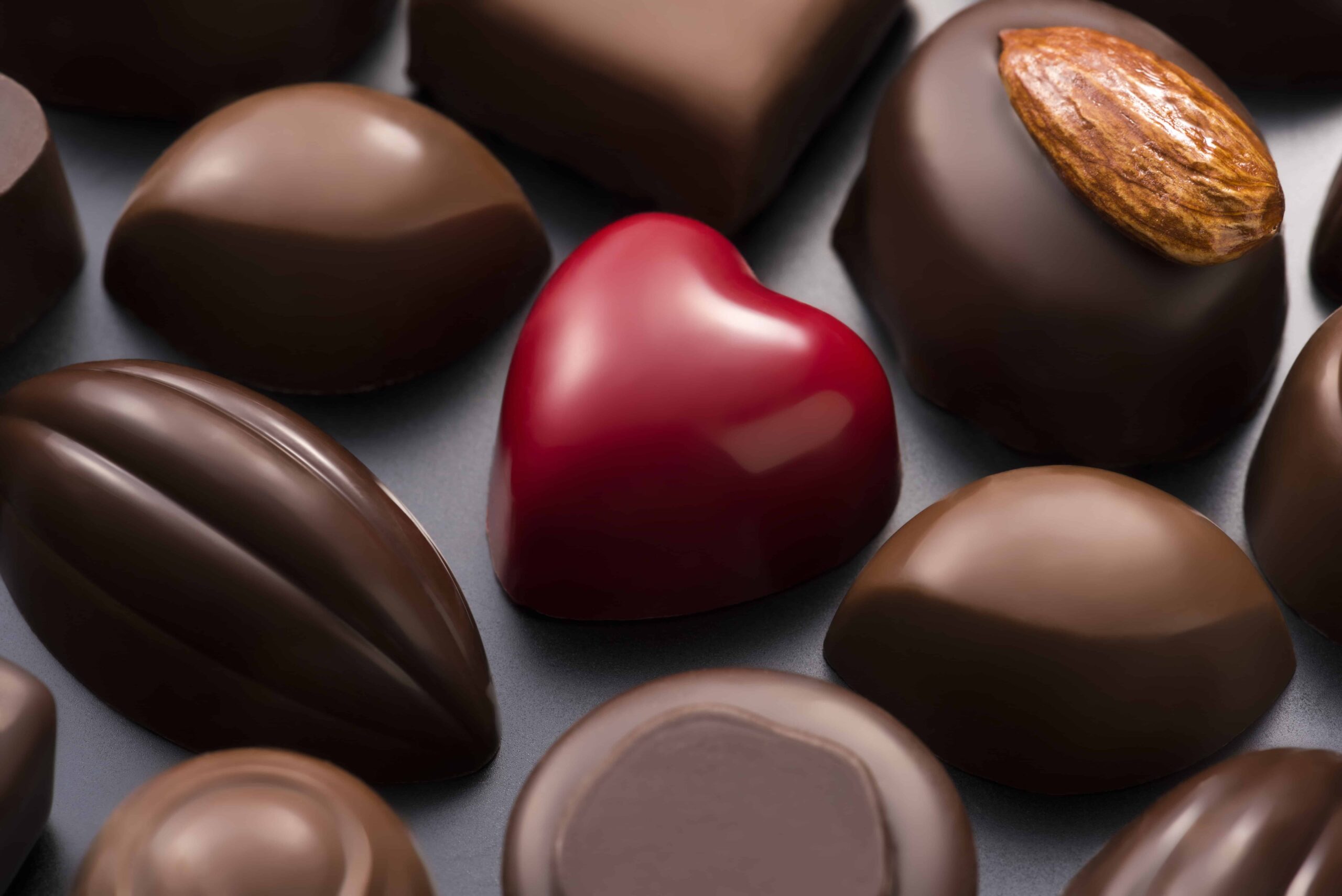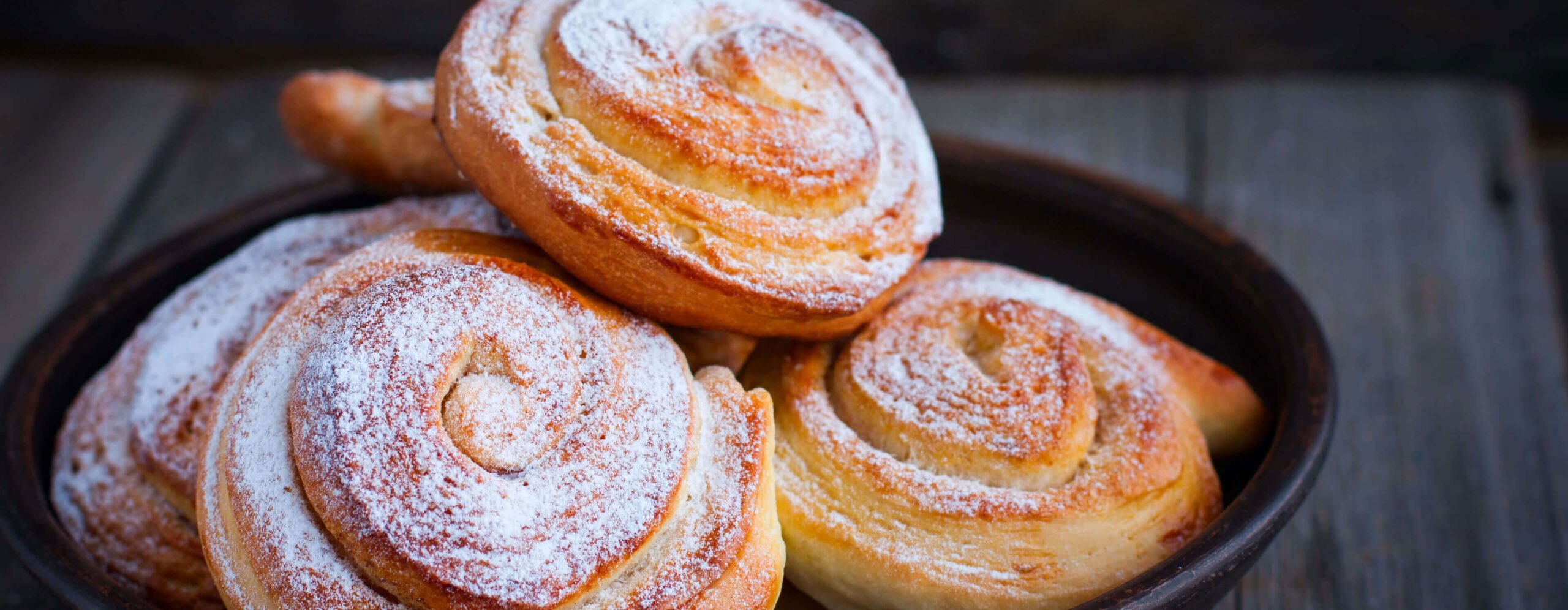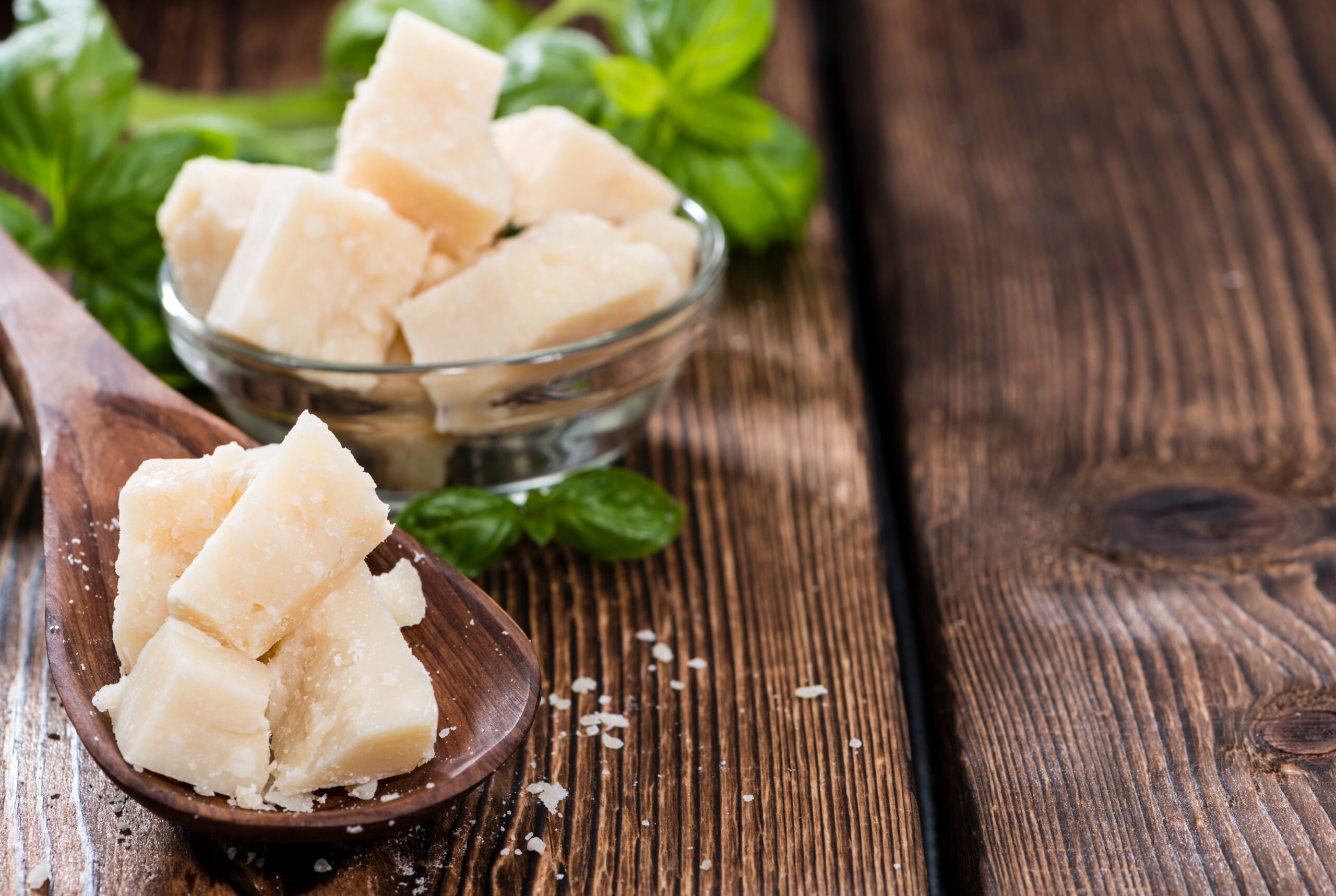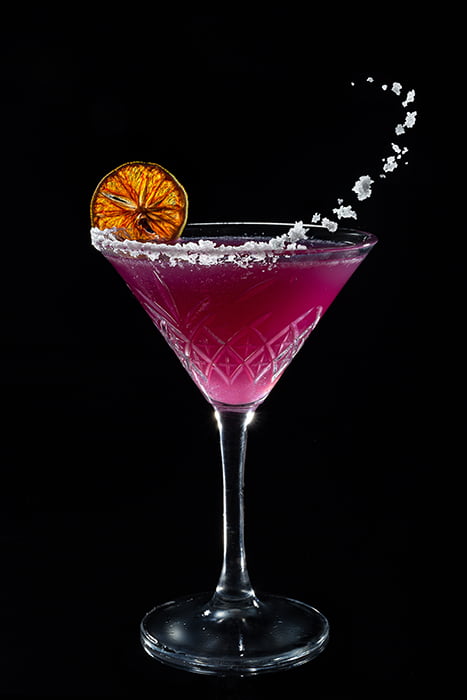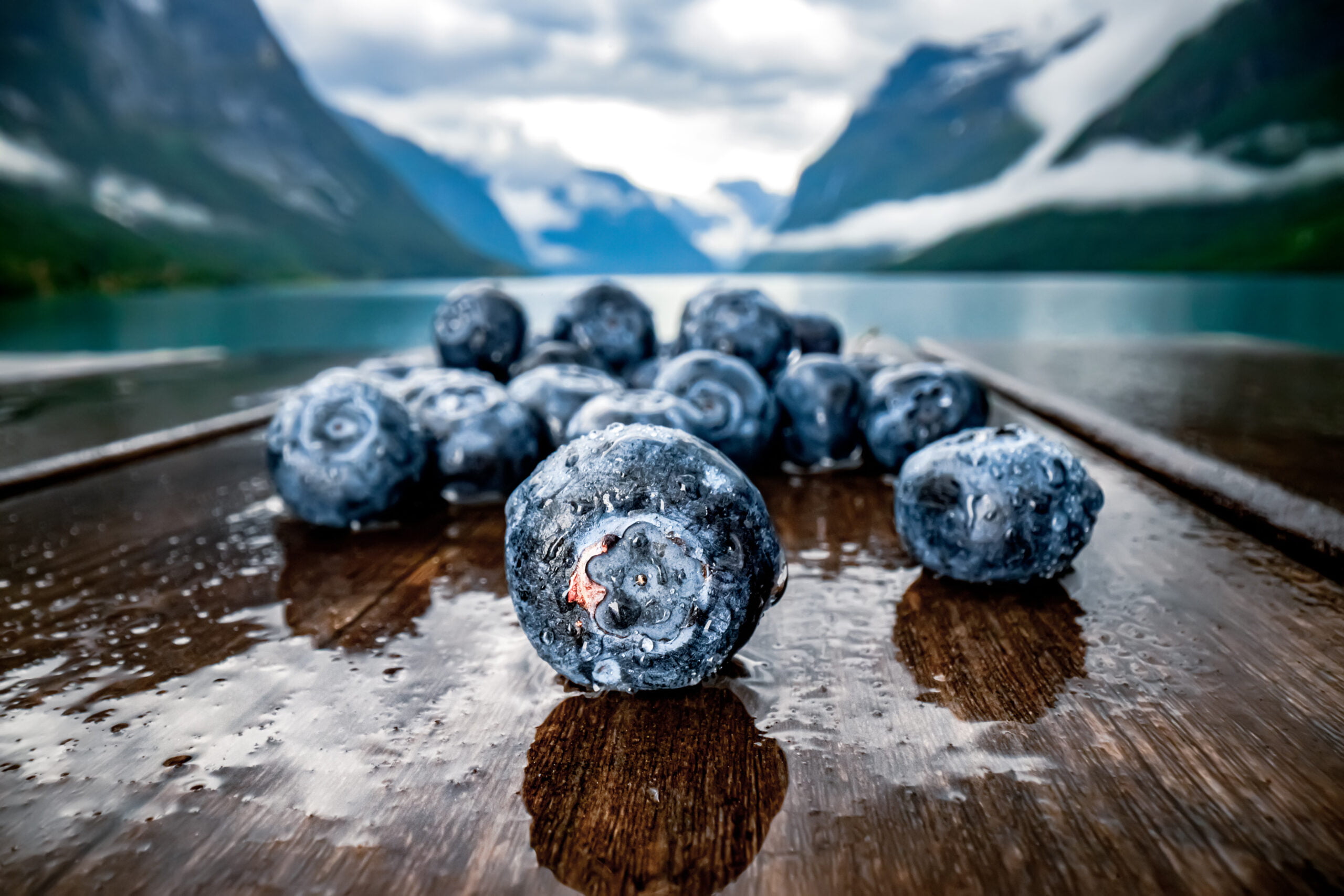Then and now
EW through time
120 years with Einar Willumsen
As a premier flavour house, Einar Willumsen has been at the forefront of beverage development since 1901. Founded in Copenhagen, our innovative approach is deeply rooted in Nordic values, guiding us as we craft exceptional flavour solutions. The company was founded by Einar Willumsen at Frederiksborggade no. 4 in Copenhagen. Einar was a man who understood the market at that time. He had been a senior manager at one of the largest flavour producers in Copenhagen, and now he wanted to create his own better business. Today – 120 years later, the company still bears his name.
From the beginning, he focused on making flavours and concentrates for beverages, ice creams, pastries and spirits. He began producing simple distillates of strawberries, raspberries, lemons and oranges followed by blackcurrants, pineapples apples and other soft fruits. Citrus fruits were carefully peeled using hand-held equipment. Only the outer part of the peel with its essential oils was used at the factory in Copenhagen – and in 1904 also at the newly started factory in Malmö.
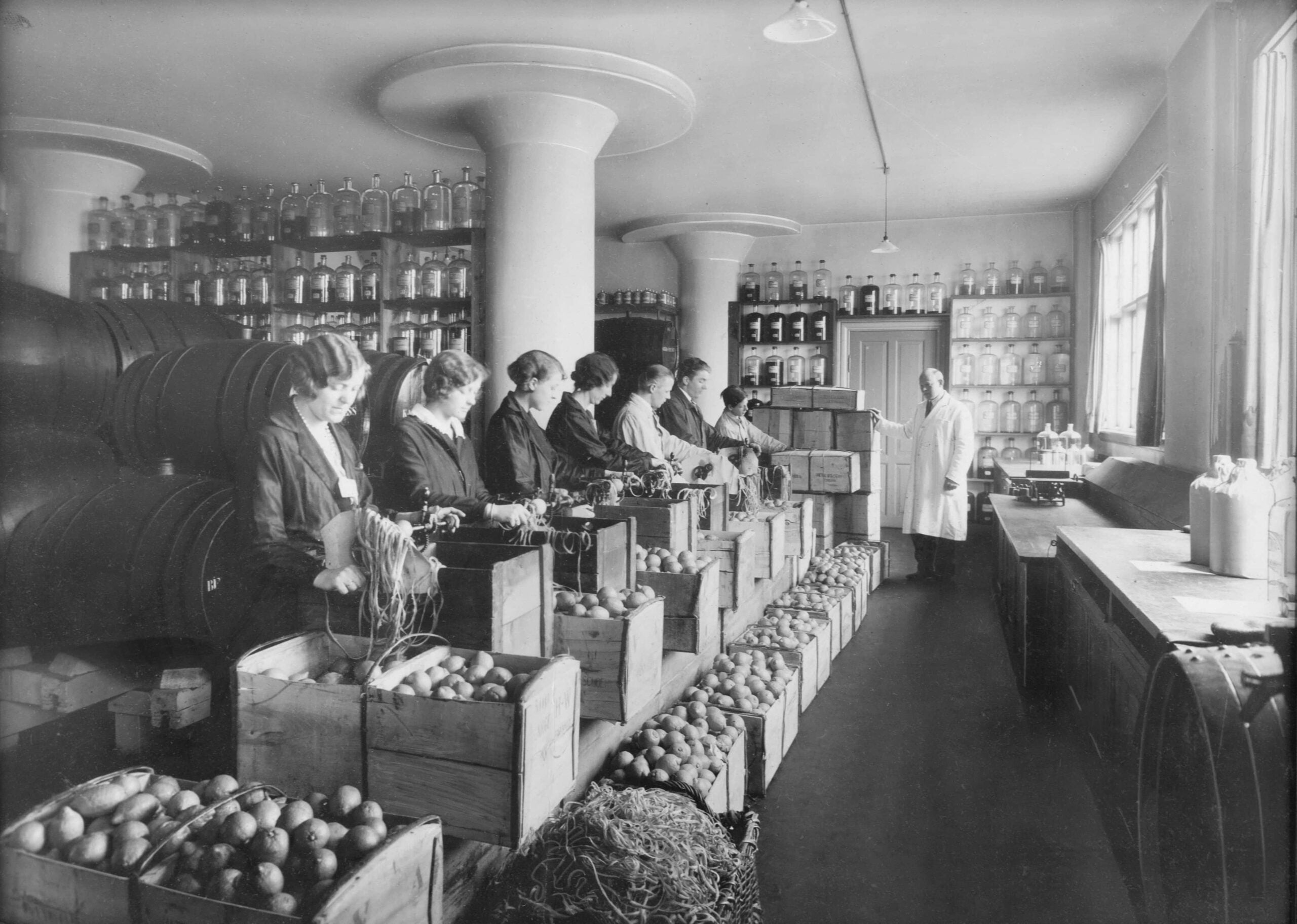
2010-2020
Fanny Elisabeth Willumsen was born in Helsingør on 1 May 1869, and she was one of the first active businesswomen in Scandinavia. Her brother, Einar Willumsen (born 28 October 1872), started 1901 his own Flavour House, named – Einar Willumsen. Unfortunately, he died very young of cancer in 1929. Before his death, he handed over the company to Fanny. She led the company by herself for 27 years until she died in 1956 at the age of 86. Today we know that Fanny is the reason why ‘Einar Willumsen’ is still an Independent Company. Before her death, she ensured that a newly formed foundation took over her shares in the company. The Foundation has two purposes: To run the company independently and to donate part of the profit to cancer research. Could Fanny imagine that? Nearly 70 years after her death? Would she believe that her moves to protect the company were so successful that the company is now in a better position than ever?
These questions will never be answered, but we are humbled and grateful for her enormous role in the Einar Willumsen company.
These questions we will never get answered, but we are humbled and grateful for her colossal role in the Einar Willumsen company.
EW took responsibility for the health and well-being of its employees long before the concept of CSR (corporate social responsibility) became popular. When the company’s founder Einar Willumsen died of cancer in 1929, his sister Fanny became the principal shareholder and the owner of the company. She took an interest both in the overall vision and the daily operations.
On her 80th birthday, Fanny established a holiday grant for employees to share each year. All employees were entitled to apply and winners were chosen by drawing lots. An annual holiday bonus is still distributed to this day and Fanny Willumsen is remembered for her sincere interest in charitable work. Upon her death in 1956, she left a considerable sum to museums and hospitals in her hometown of Helsingør.
Most significantly, Fanny’s will changed the company’s ownership structure and safeguarded the long-term prospects of the business. This is her enduring legacy. The Einar Willumsen Foundation was created and began distributing its first tranche of funding in 1956. Today, cancer research remains a global priority and available funding is in great demand. Every year Einar Willumsen donates part of the profits to the Foundation that receives a stream of grant applications.
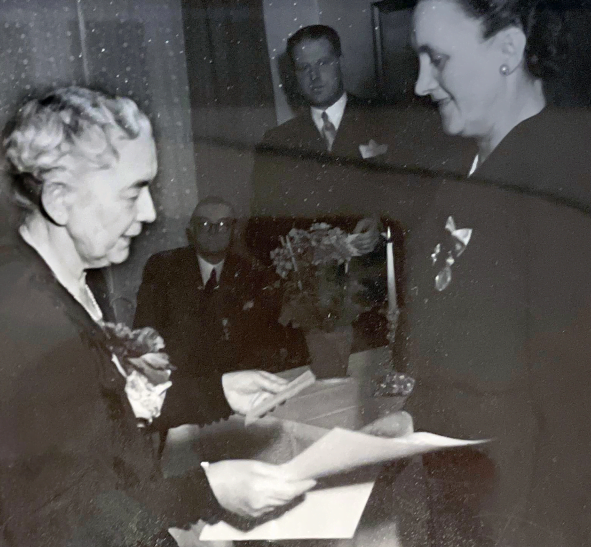
2000-2010
Our business has seen rapid change as the world changed around us. In our humble beginnings, we started as a small business manufacturing essences; today, we are leading the field of advanced flavourings and ingredients for food and beverages. We have grown into an innovative and high-tech company with highly skilled staff. We developed a company structure that supports commercial stability and allows us to evolve with the times. A structure that has been used as a case study for business leaders.
At Einar Willumsen, we find our inspiration in nature’s infinite palette of flavours. As we explore the world of flavour, we discover new ways of doing things. This curiosity for nature and our history still drives our business forward.

1990-2000
Then and now. Einar Willumsen uses new technology to develop increasingly advanced, balanced flavours and concentrates, with food industry applications in everything from sports drinks and mulled wine to ice cream, confectionery, and bakery. In the early 1990s, the Danish daily Berlingske Tidende ran an article in which Einar Willumsen’s then-CEO stressed the importance of finding new markets outside Northern Europe. As a small producer, he argued, it was essential to have a clear picture of what the company wanted to achieve, and how it could stand out among the international competition. To that, he said, the company had pursued a painstaking recruitment process.
Every department was staffed with experts working on everything from flavour development to logistics. However, agility was still the key: “We have gigantic competitors who produce flavours on an enormous scale. Our advantage as a smaller firm is that we can more easily meet customer needs and that we relish working on all sorts of special orders.” His words have proven to be true considering the success of the company.
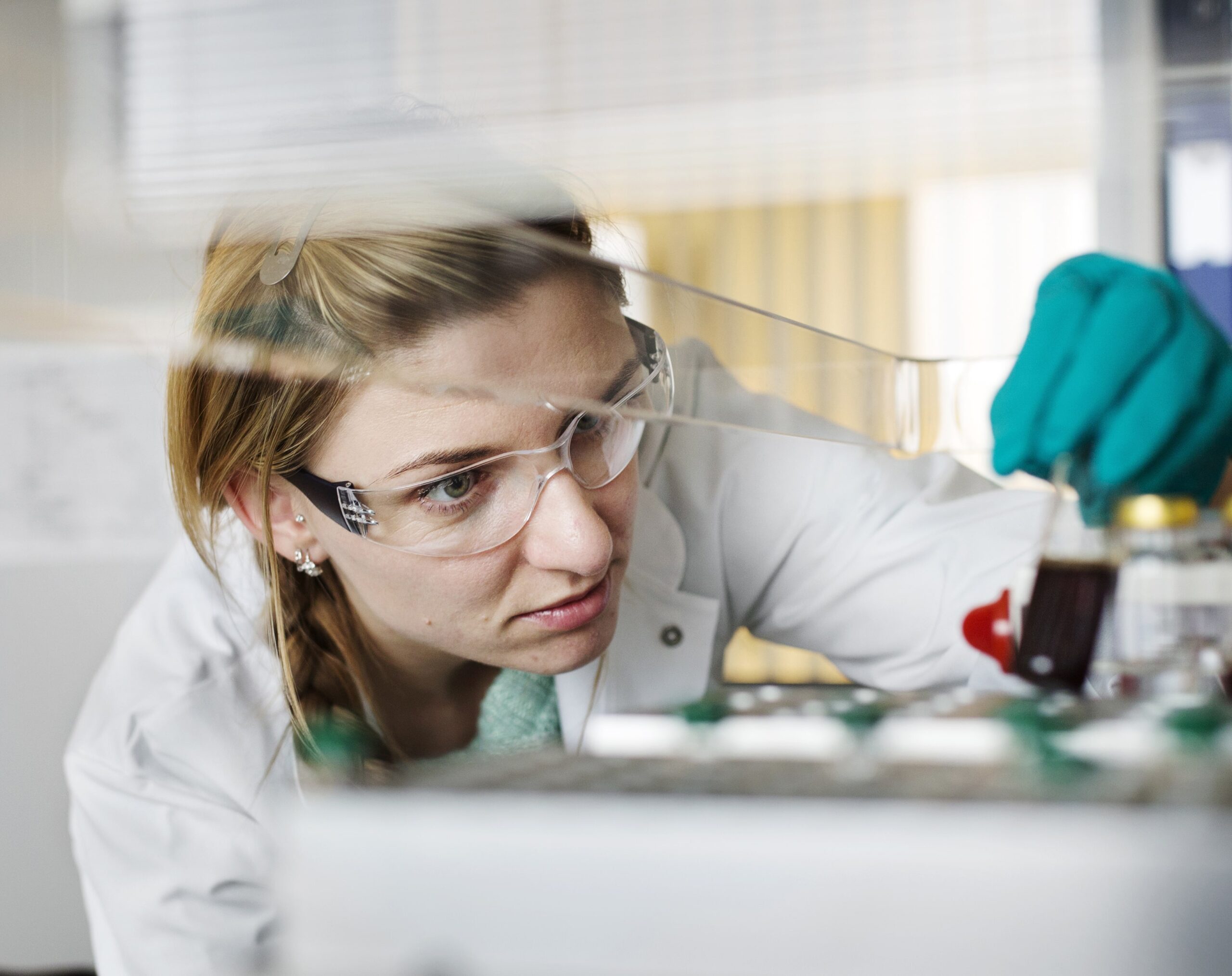
1980-1990
Then and now: During the 1980s and 1990s sales to private individuals nearly stopped. Instead, the company decided to focus on developing even more complex flavours. Major breweries were especially attractive as potential customers, although the company remained eager to serve the existing customer base of smaller companies.
Einar Willumsen’s production facilities were rationalized and modernised, both in Denmark and Sweden. Traditional ceramic storage jars for concentrates and flavourings were replaced by stainless steel tanks. Considerable investments in modern technology permitted even more precise distillation and extraction of natural flavours.
As for customers, the two most crucial factors for them are fair pricing and fast and efficient service. A product launch is often a part of a marketing strategy and there is no time for delays. New ice cream cannot be launched a few months late and miss the summer months; a mulled wine mix must be ready for Christmas. There are rigorous demands that flavour manufacturers and their suppliers must fulfil. Among other requirements, they must ensure that spices, fruit juices, and other raw materials are available when required. Einar Willumsen has always spread the risk as evenly as possible, building up a network of reliable suppliers around the world. If a shortage happens in one area, it should always be possible to source the raw ingredients elsewhere.
Former foreman and factory chief in Malmö remembers the transition in the 1980s when everyone worked hard to ramp up the business and make the company more competitive. “We produced huge amounts, so our volumes increased rapidly, which put enormous pressure on the production staff”.
It was a time when new ideas were introduced, more and more raw materials came in, and inventories expanded. It was a revolutionary time. Einar Willumsen went from having a lot of smaller customers to dealing with ever bigger customers. But we were – and always are – careful never to abandon our old clients. This initiative required a great deal of travelling to find new customers and establish our name in the industry. The outside world had changed, and Einar Willumsen succeeded in keeping pace and delivering.
Einar Willumsen started to sell to multinational companies, something that was previously unthinkable. Some customers also began to make other demands. The lifecycle of some products began to shorten as the manufacturer experimented boldly. If an experiment proved to be successful, the volumes would increase rapidly; on the other hand, a product would be quickly discarded if it did not sell well.
Einar Willumsen’s flavours and concentrates were now in everything from cider to pickled herring. The company itself had transitioned into a modern, high-tech enterprise.
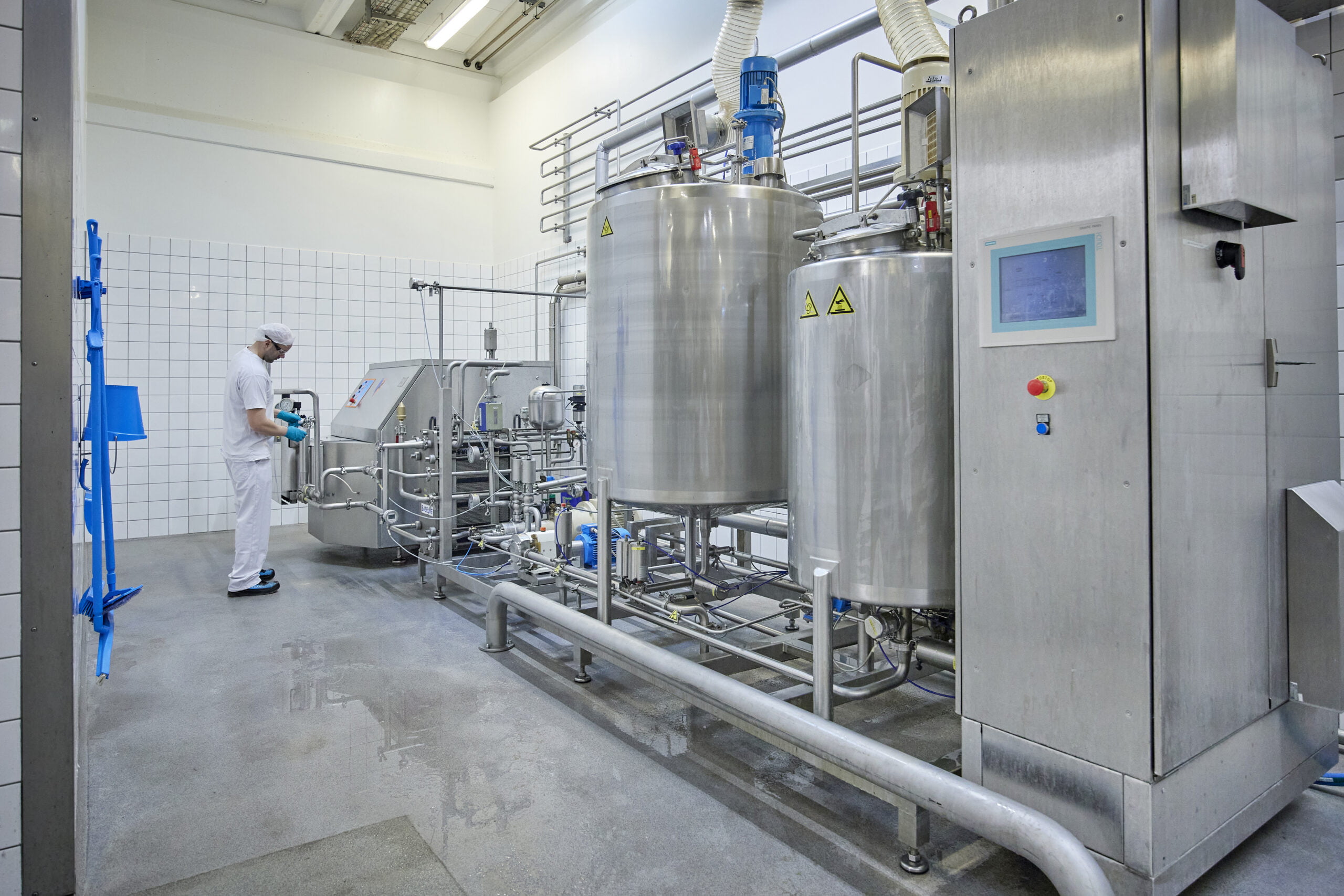
1970-1980
The company decides to shift their focus away from private customers and small breweries and begins to sell flavours and other products to the food and beverage industry. Einar Willumsen’s factory was located on a piece of land owned by the city of Malmö. Unexpectedly, the city announced a plan to build a new city hall in that location in the 1970s. Einar Willumsen was forced to look for new premises. They chose a site in the Elisedal industrial estate and have expanded that location gradually since.
The Swedish subsidiary also began to grow its business by selling extracts and essences to many so-called “mineral water bottling plants”. These ‘pharmaceutical’ enterprises often functioned as a front for illegal breweries and distilleries. Einar Willumsen sold to these factories, but also directly to their customers. Indeed, it soon became customary for the public to mix Einar Willumsen’s extracts with spirits from bottling plants. The brand became a firm favourite among those who enjoyed stronger drinks with a bit of flavour.
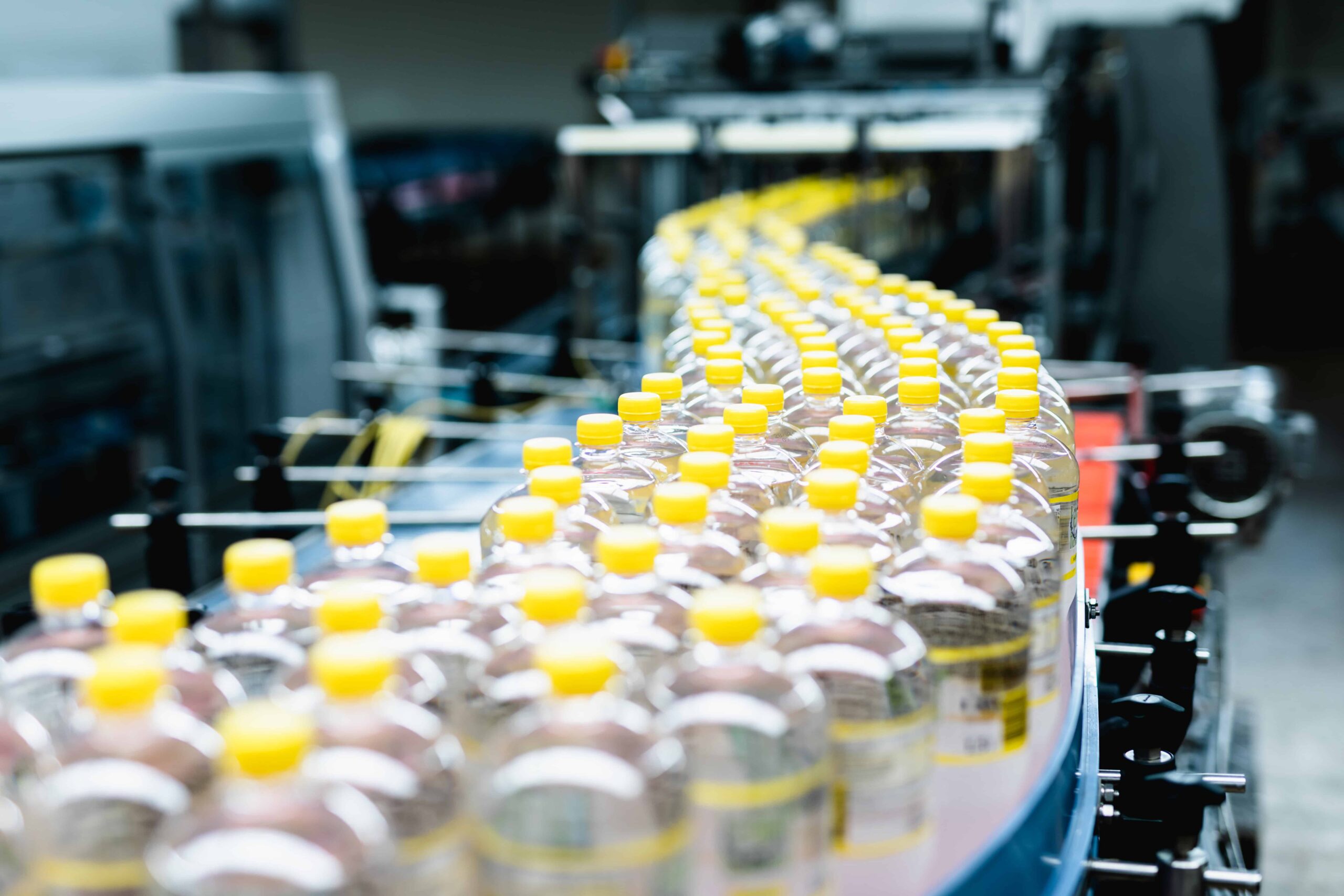
1960-1970
In Einar Willumsen we have always kept up with the times. The 1960s brought new business opportunities. New soda machines became common in restaurants, cafes, and canteens, which created demand for new flavour solutions. Significant demands for soda flavours in the European and global markets shifted EW’s focus, and it became the main business area for the company. The last of EW’s own branded products – the soft drink “Citronil”, which was created and marketed by Einar Willumsen himself – was finally discontinued in 1968. Since then, the company’s main strategy has been to create and sell flavours to the food and beverage industries. In the absence of its own branded consumer products, the company became less noticeable among consumers.
Einar Willumsen sought to grow its business and focused on developing even more complex but still flexible flavour solutions. The company focused on expanding the customer base of smaller food and beverage producers as well as targeting major breweries. In 1969 the Danish office and production facilities moved from Studiestræde 57 in central Copenhagen to today’s facility at Abildager 23-25 in Brøndby, just outside Copenhagen. The Einar Willumsen production facilities were modernized, both in Brøndby and in Malmö. Stainless steel tanks for concentrates and flavourings replaced traditional ceramic storage jars. Considerable amounts were spent on introducing modern technology that permitted even more precise distillation and extraction of natural products.
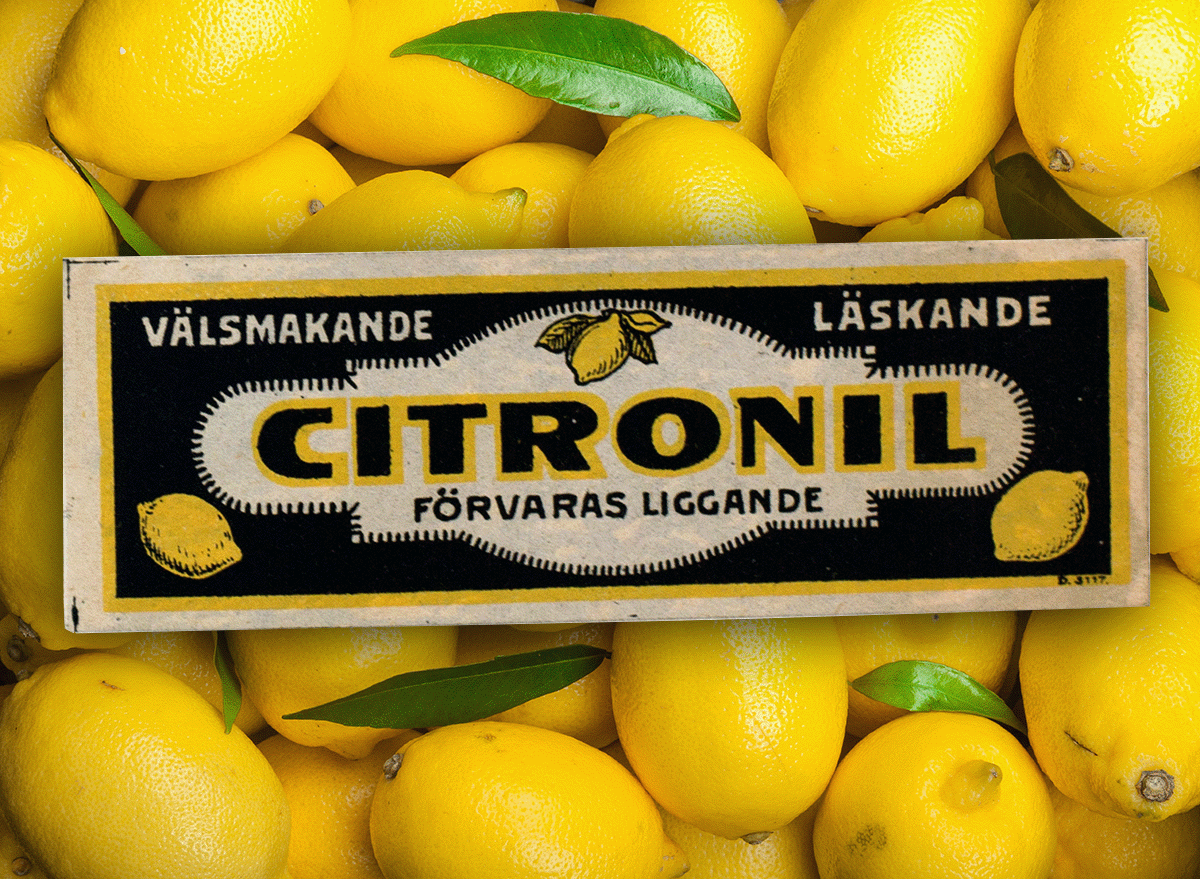
1950-1960
In 1950 several small Danish manufacturers launched cola drinks onto the local market. The story starts with a Danish movie star Tove Mäes who had been missing the taste of the magic Coca-cola after she returned from the USA. After she tasted a Danish cola drink “O’Cola, created by Cheeri-O’s, Tove happily declared that “O’Cola was the best cola in the world”. However, despite this enthusiastic endorsement, O’Cola did not become a success in the long run and the company soon had to shut down.
The development of Danish cola drinks from other smaller manufacturers was inspired by the success of Coca-Cola in the US. That did not go unnoticed by the Danish brewery associations and mineral water manufacturers. Danish consumers could get a cola drink even though the Danish market was not officially open for Coca-Cola. These three opponents – The Coca-Cola Company, Brewery Association and The Danish Mineral Water Supply as well as Danish political parties were measuring each other up.
The Coca-Cola Company filed a lawsuit in 1952 in the Maritime and Trade County against all Danish manufacturers of cola extract in Denmark and Sweden, including Einar Willumsen. The disputable point in the lawsuit was the word “cola”. The Coca-Cola company attempted to claim the right to the word as its trademark, which would make it difficult to produce competitive products in Denmark. It was an unprecedented historical legal battle about the trademark concept.
Although there was little doubt that Danish producers were more than inspired by Coca-Cola, it was a very difficult case to prove in court. The lawsuit was dismissed but lasted for two more years due to the appeal to the Danish Supreme Court. In 1953 a special high tax was introduced to turn cola drinks into expensive luxury products and therefore limit their market potential. Although the tax was annulled in 1959, the war for market shares between the international giant and local producers continues to this day.
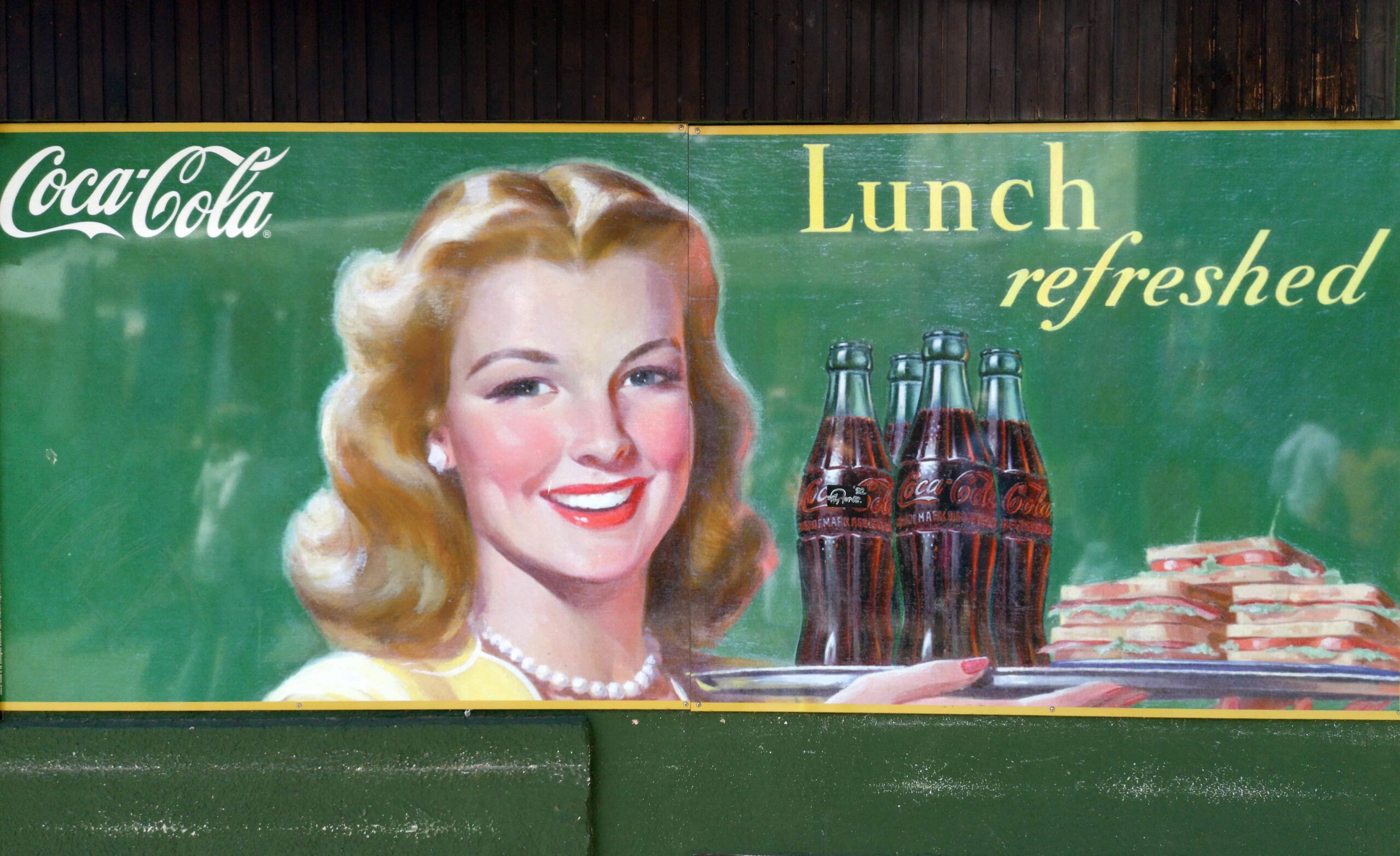
1950-1960
In the 1950s, AB Einar Willumsen moved the factory to a new location in Andréelundsvägen in the city centre to the site of a former brewery and margarine factory. In a report from 1956, the board of the Swedish subsidiary explained that growing interest in ‘natural juices’ required them to expand their existing warehousing. Fruit juices and concentrates arrived from Europe and overseas in early spring and would be put in production during the following twelve months: ‘Now we can store up to 250 tons of concentrated juice in our wonderful, cool, old beer cellars’, the report says.
In 1956, Fanny Willumsen donated her share of the company to create “Fabrikant Einar Willumsens Mindelegat” foundation which is the majority shareholder in Einar Willumsen to this day. The foundation is the key ingredient of our success. It has ensured the long-term viability and allowed us to avoid fluctuations that can follow abrupt changes in ownership. Stable ownership provided a productive environment with a single focus: to deliver on our five signature values – speed, taste, innovation, reliability and flexibility. Fanny Willumsen never retired and worked right up to her death (1956).
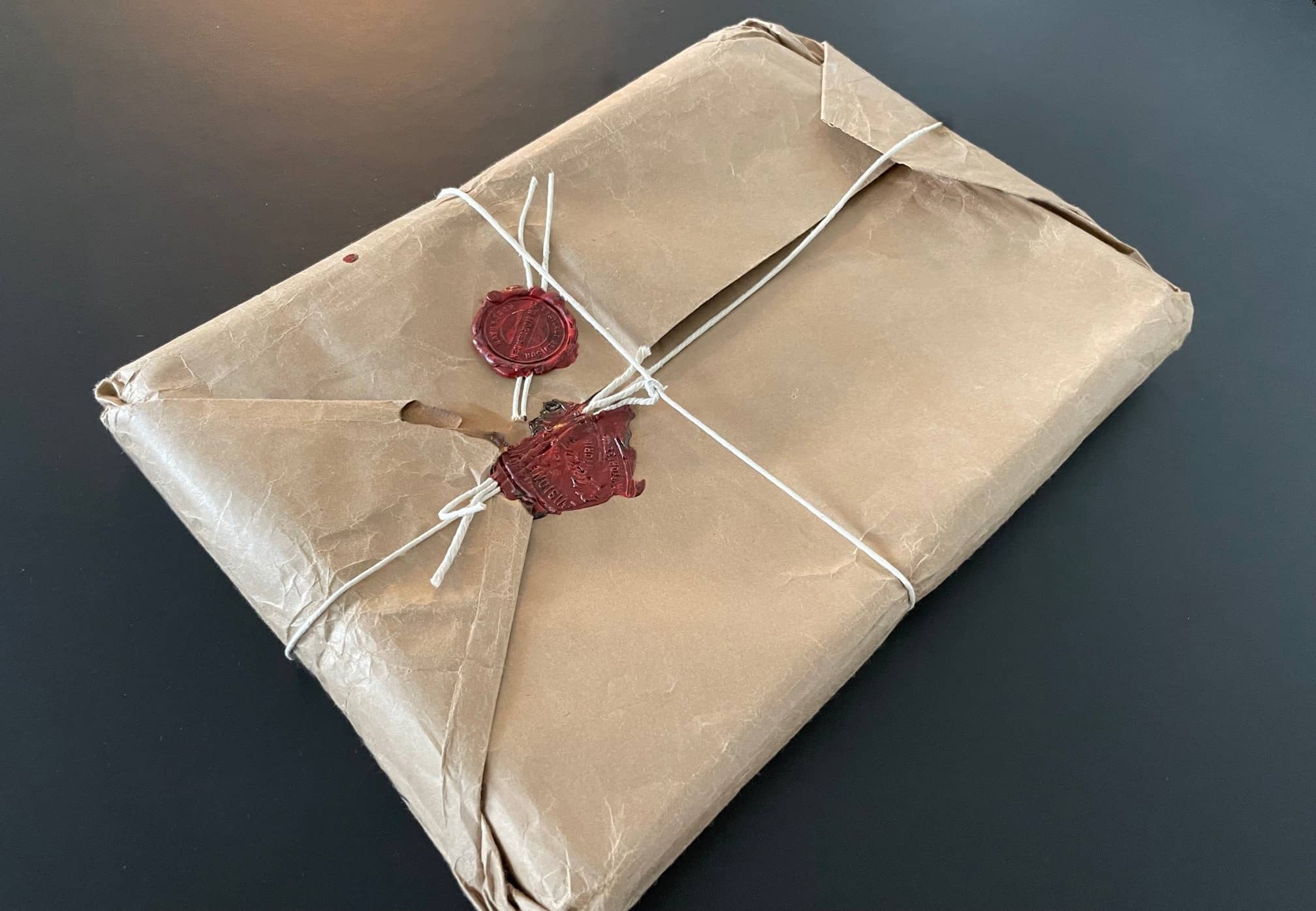
1940-1950
The Depression was followed by a new and devastating world war. In 1945 Copenhagen was bombed by Allied forces, with airstrikes against the German occupying forces’ headquarters close to Einar Willumsen’s premises at Studiestræde 57. In 1940 Hitler ordered the invasion of Denmark. For a while, the Danish government continued to lead the country, but under German administration and occupation. This state of affairs had a direct impact on Einar Willumsen’s business. The factories in Copenhagen and Malmö could no longer operate properly together. The manager who had commuted on the Øresund ferry could no longer get to Sweden, leaving the factory in Malmö without technical leadership.
Denmark, like much of Europe, was cut off from the countries that supplied the firm’s raw ingredients, making the crisis even more deeply felt. Costs rose in general, but Einar Willumsen did not raise its prices, and its stocks of raw ingredients quickly dwindled. The minutes of the board meetings from the time do not openly reference it, but clearly, there was trepidation about the state of the world. The minutes also show that board meetings often shifted locations in Copenhagen for safety reasons. Communication with Malmö was intermittent.
Following the RAF bombing raid on Gestapo headquarters in Shellhuset in central Copenhagen in March 1945, Einar Willumsen’s board met and decided to evacuate the factory completely, as their premises were only a few streets away. Staff took cover in the cellars during the air raids and reemerged to help extinguish fires in the area between bombardments. The company’s stock of raw ingredients and other valuables were dispersed to various addresses around the city. However, in the event, the premises in Studiestræde suffered little real damage during the war. They were also under constant watch by staff, who were guarding a distillation still that was too large to move. To boost the flavour industry during the tough years of rationing, an Essence Manufacturers’ Association was founded in Denmark in 1945. Einar Willumsen was a founding member of the organization. The hope for the firms who joined forces was that they could negotiate the lifting of some of the strict import regulations with the government. The association changed its name in 1991 to DFO, Dansk Flavour Organization, and is still in operation today.
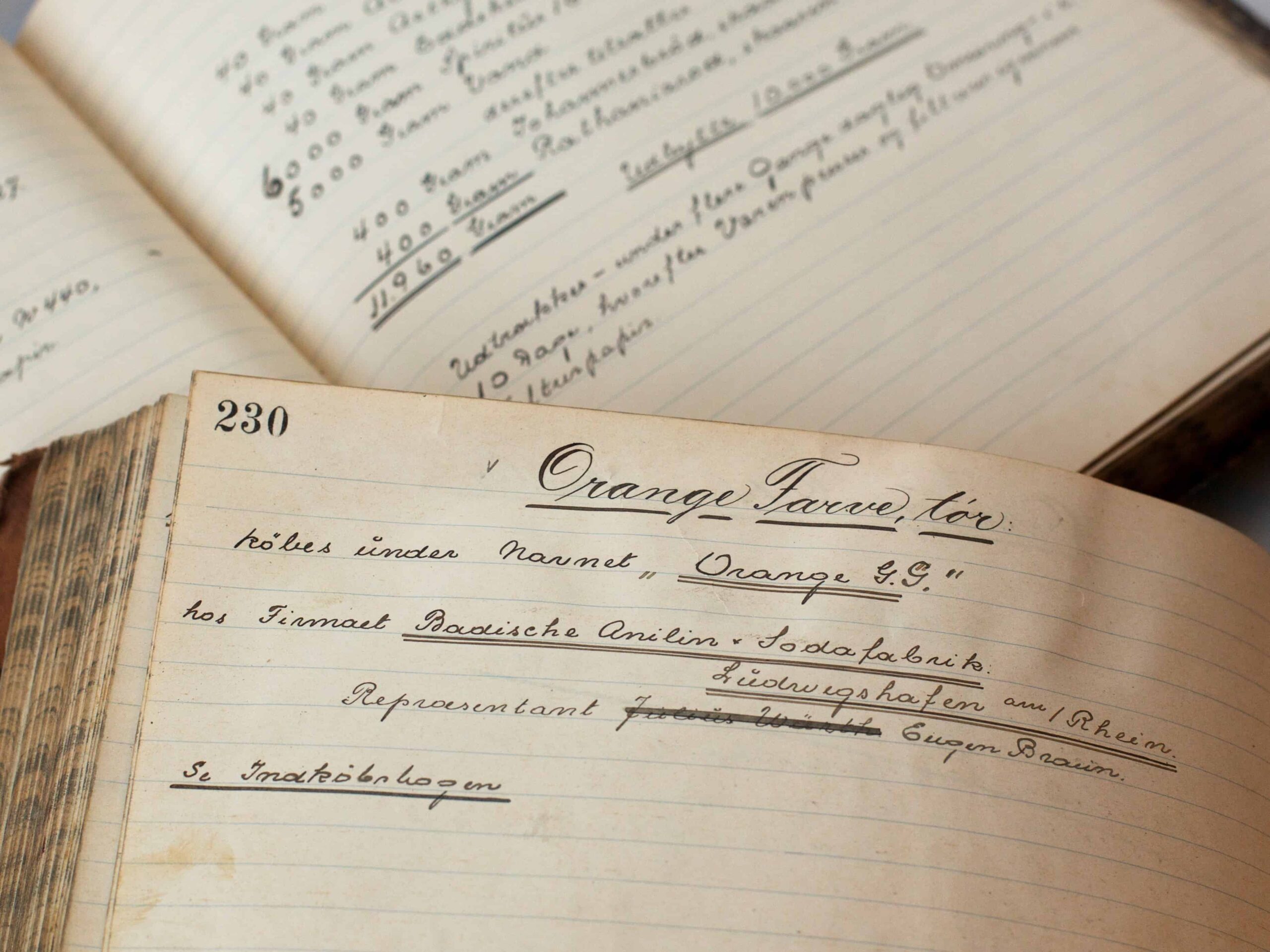
1930-1940
World War 1, followed by the Wall Street Crash in 1929, and the chaos of the interwar years, struck a series of hard blows to commercial life, even in neutral Denmark. Import-dependent companies such as Einar Willumsen, whose products required everything from essential oils to imported juice concentrates, were badly affected.
Through the toughest periods, Einar Willumsen was forced to cut wages to survive, and some workers, therefore, were left to seek positions elsewhere, but many workers chose to stay despite this. Those who chose to stay would eventually enjoy special recognition and gratitude, and when Einar Willumsen died, he bequeathed shares in the company to several employees.
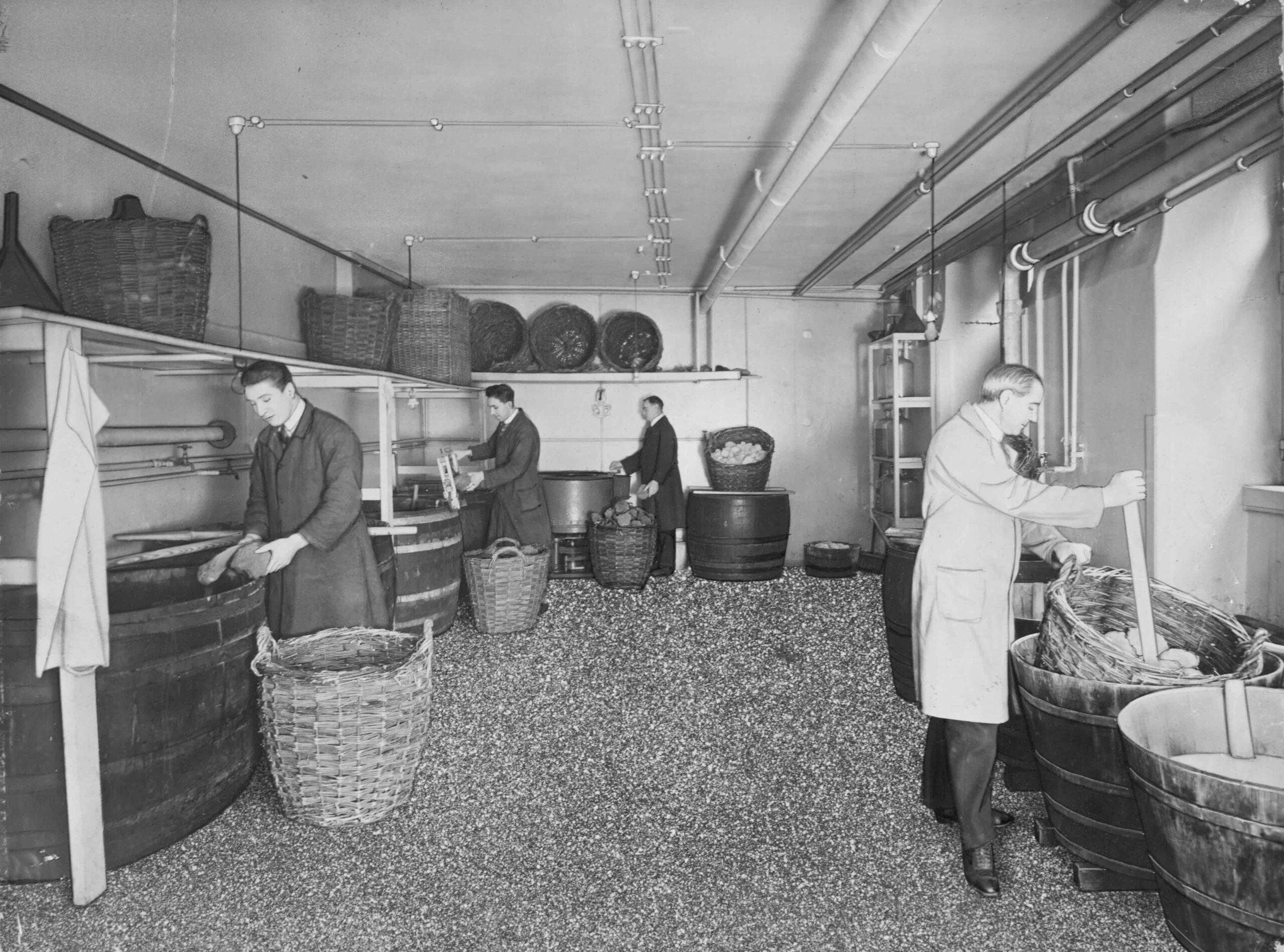
1920-1930
The head office was located in Studiestræde 57 near the centre of Copenhagen city, Tivoli and Rådhuspladsen. In 1929 Einar Willumsen lost his battle with cancer and died aged 57. He leaves the majority share to his sister Fanny Willumsen. The firm becomes a limited company. By the time Einar Willumsen died in 1929, his small firm had been transformed into a company with a million Danish kroner in share capital. However, his death came just as the Great Depression hit the world economy. Within only a few years the value of Denmark’s exports would fall by half and the country would face mass unemployment.
In the 1920s, several laws were passed in Denmark designed to ensure women’s equality with men in education and the workplace. Yet, just as in Sweden and other parts of the world, the proportion of women in powerful roles remained small. Fanny must have been a strong role model for women in business and professional life during this time. She certainly proved a charismatic leader, with a firm stance on the direction the company should take. In her will, she wrote of the importance of the company’s continued focus on the production of flavours and essences.
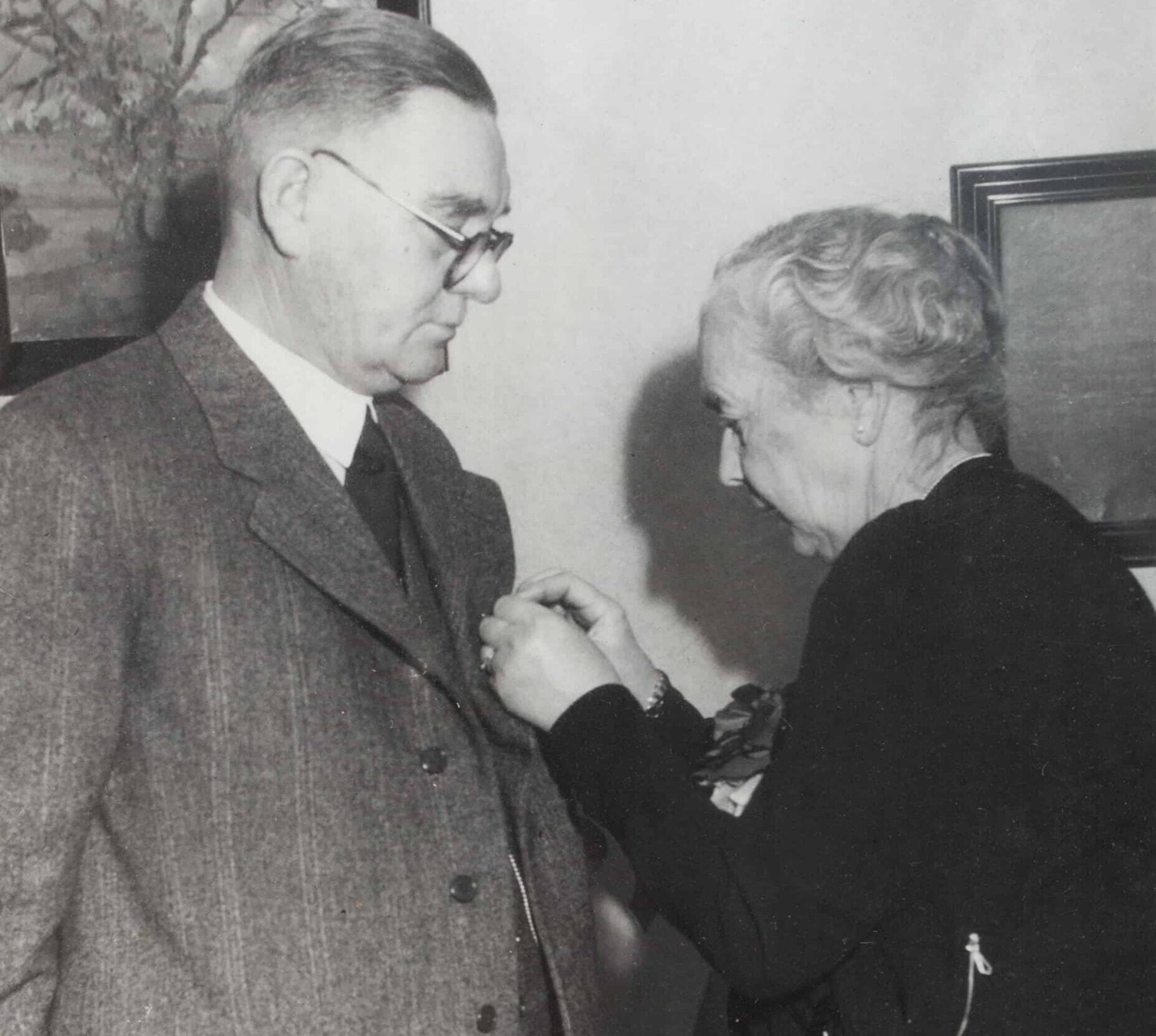
1910-1920
In 1918 Europe was paralyzed by the battles of World War I. Millions of people were killed, as ever more deadly weapons were put into action around the world. Even though Denmark and Sweden asserted their neutrality and remained outside the conflict, the consequences of the war were keenly felt. The all-important Danish shipping routes had been blockaded and foreign trade abruptly cut off. Bread prices rose and the government introduced rationing on food and other products in the final years of the war. Einar Willumsen had run the business since 1901 with full responsibility for the growing company.
As a businessman, Einar Willumsen was determined that the company should stand on its own feet. He was known for his meticulous checks on the company finances. When machinery and stock were purchased, they were paid immediately. He insisted that all bills should be settled before the start of a new financial year on 1 January— even if the goods were delivered on 31 December. The company bank balance, stock, and accounts receivable were the only items to be recognized in the firm’s books. There were no loans. Everything had to be paid for in cash.



